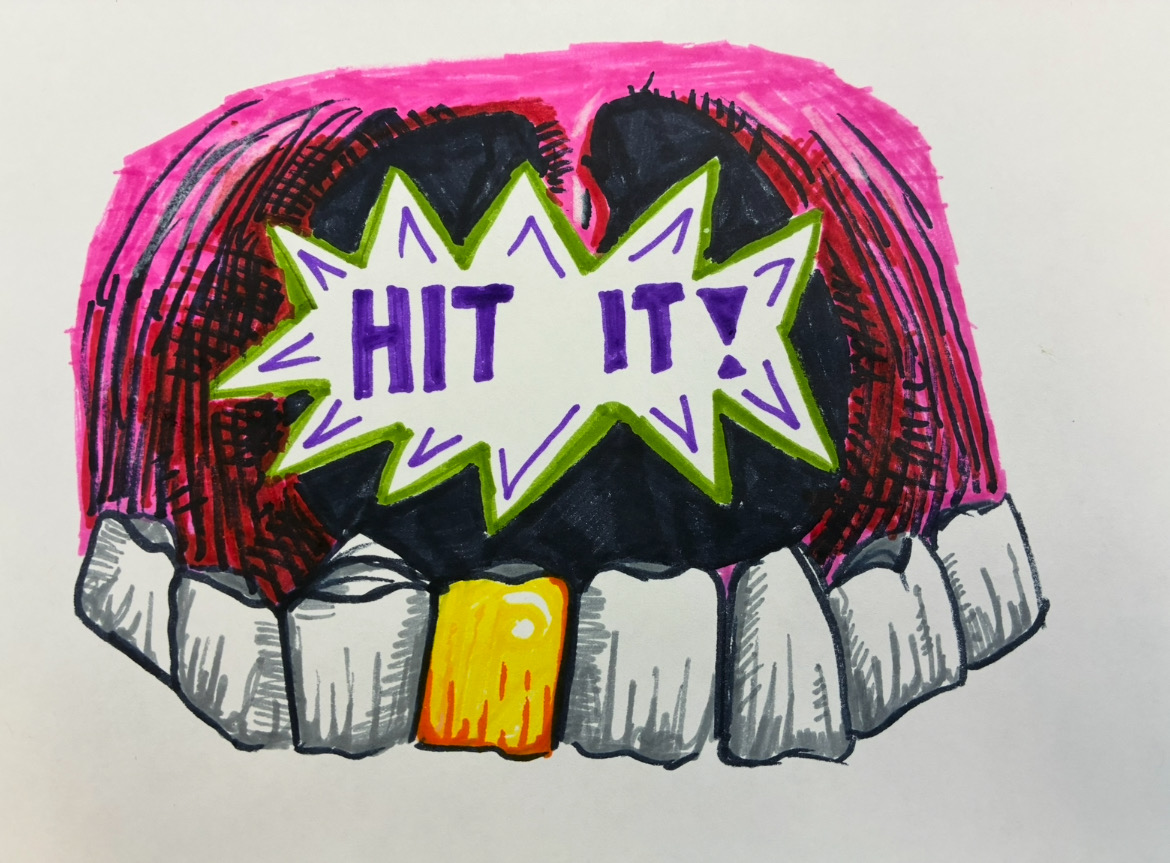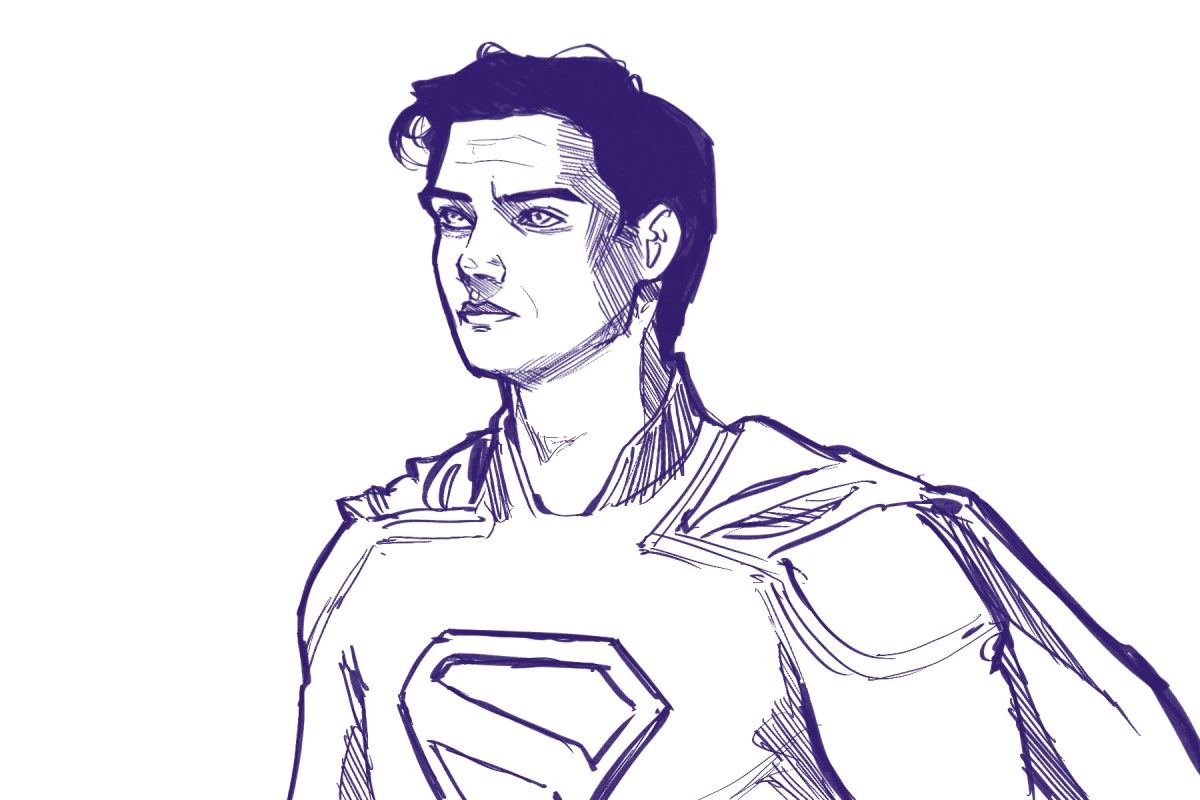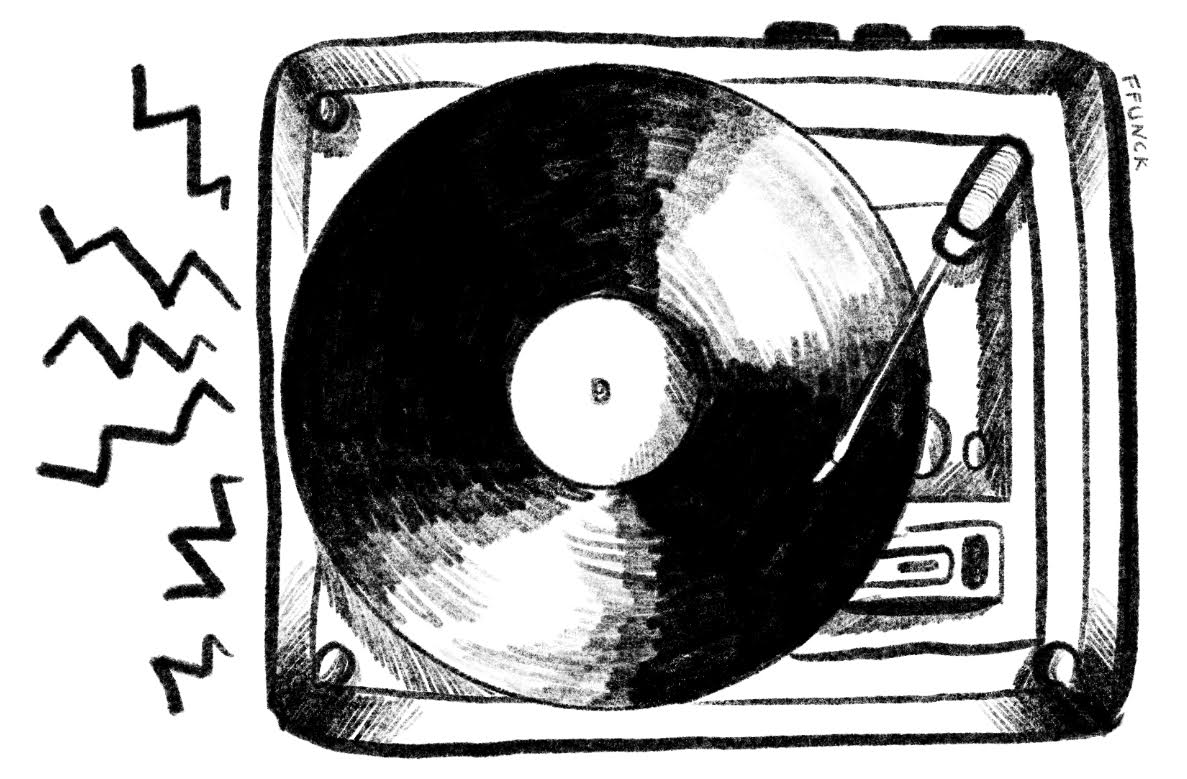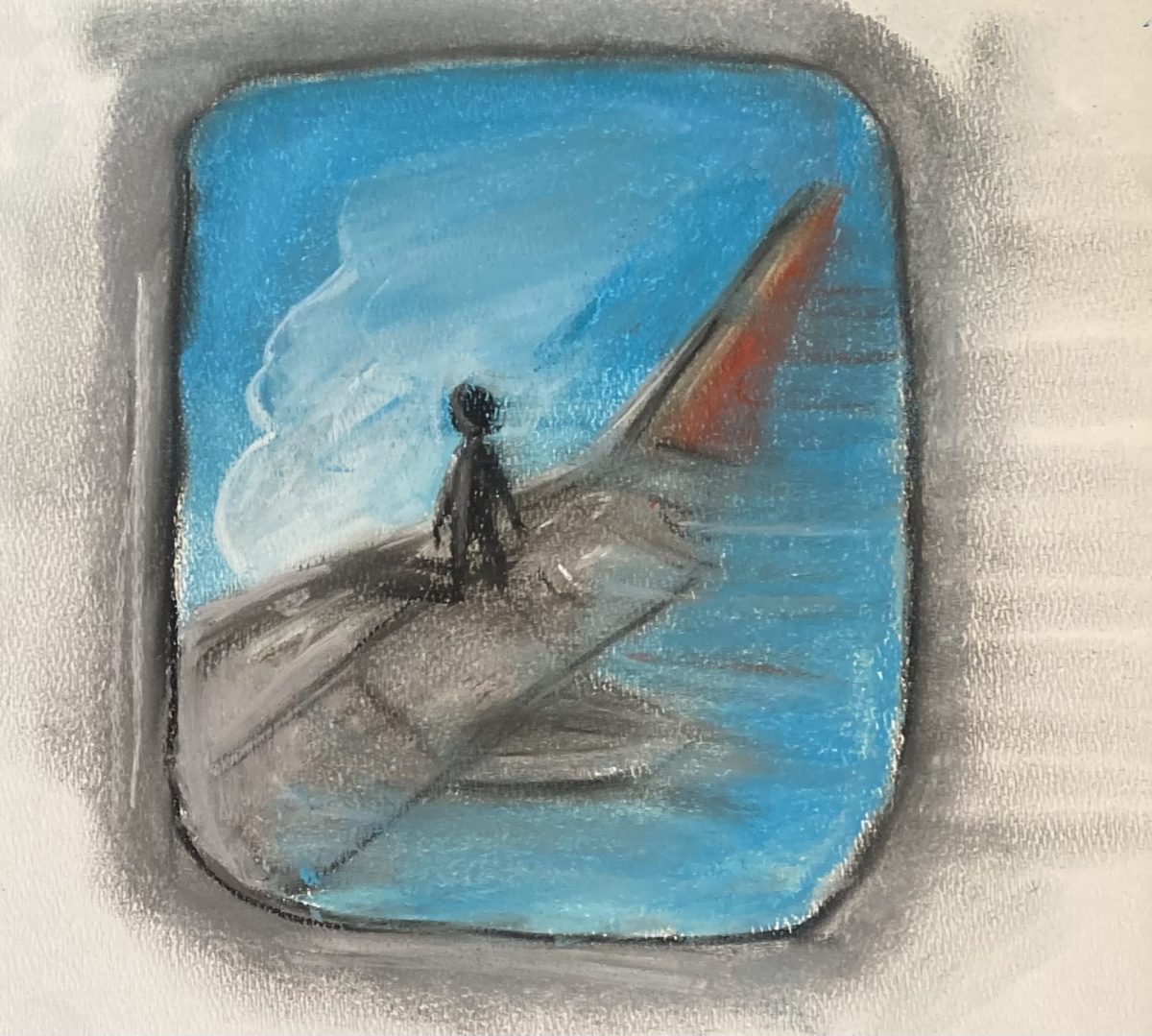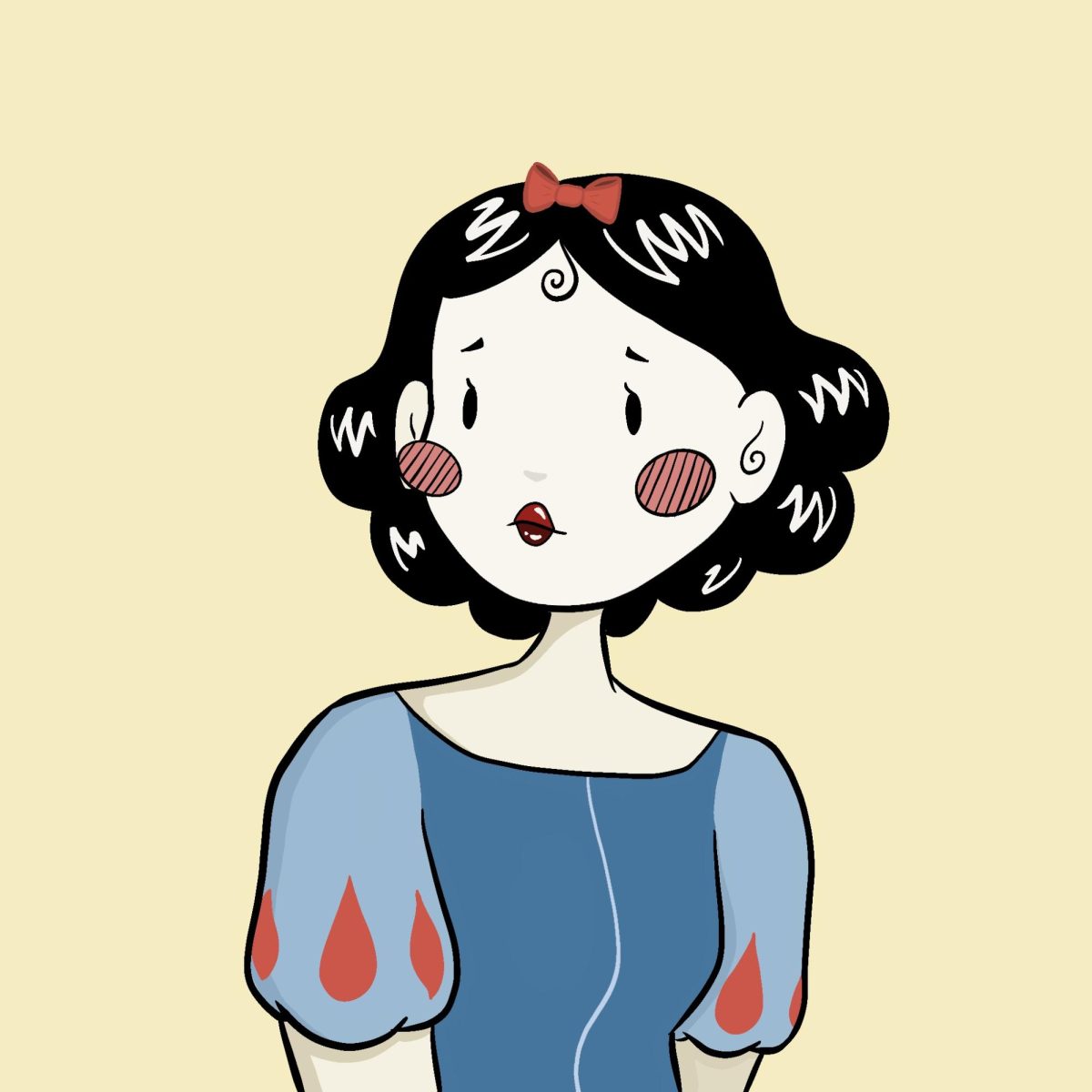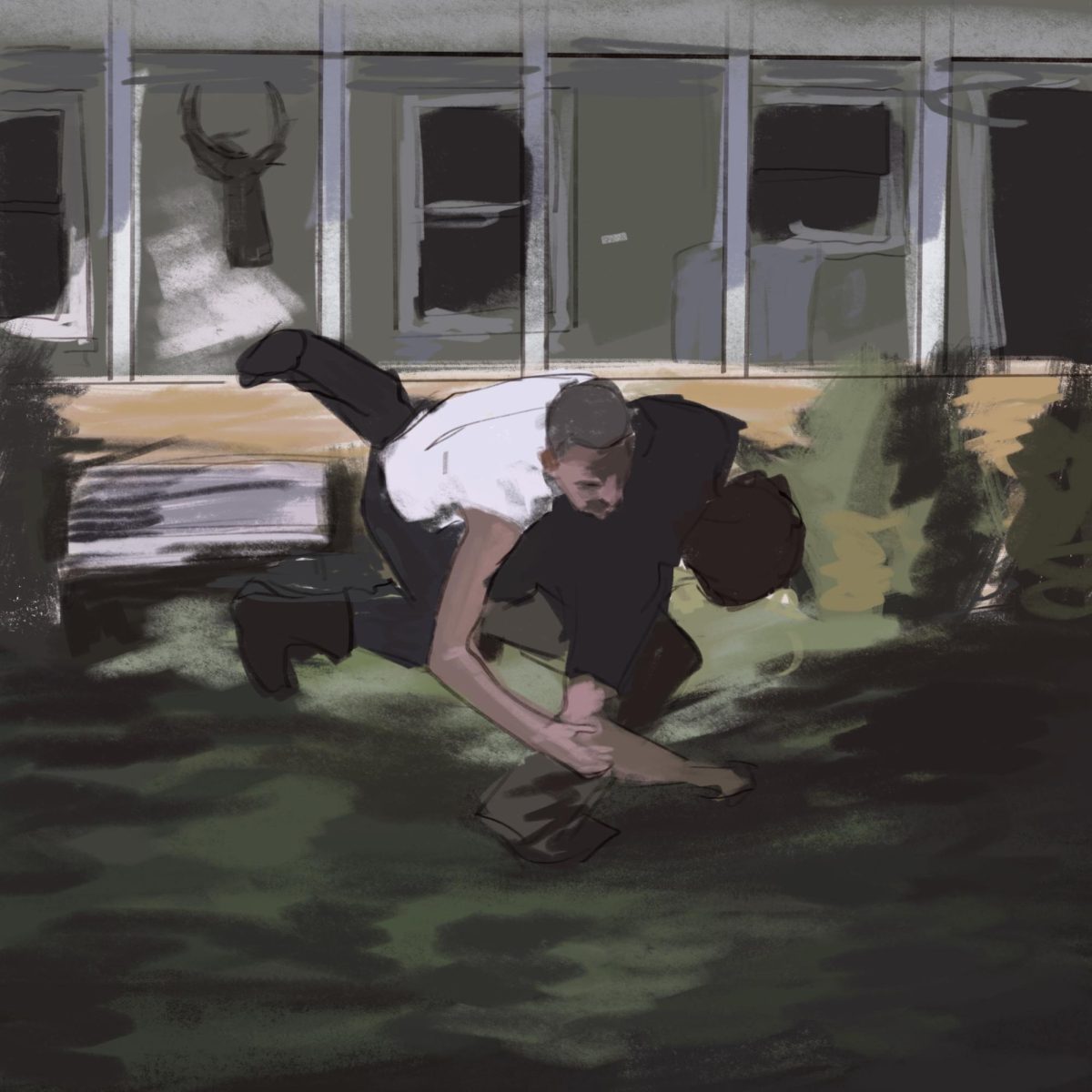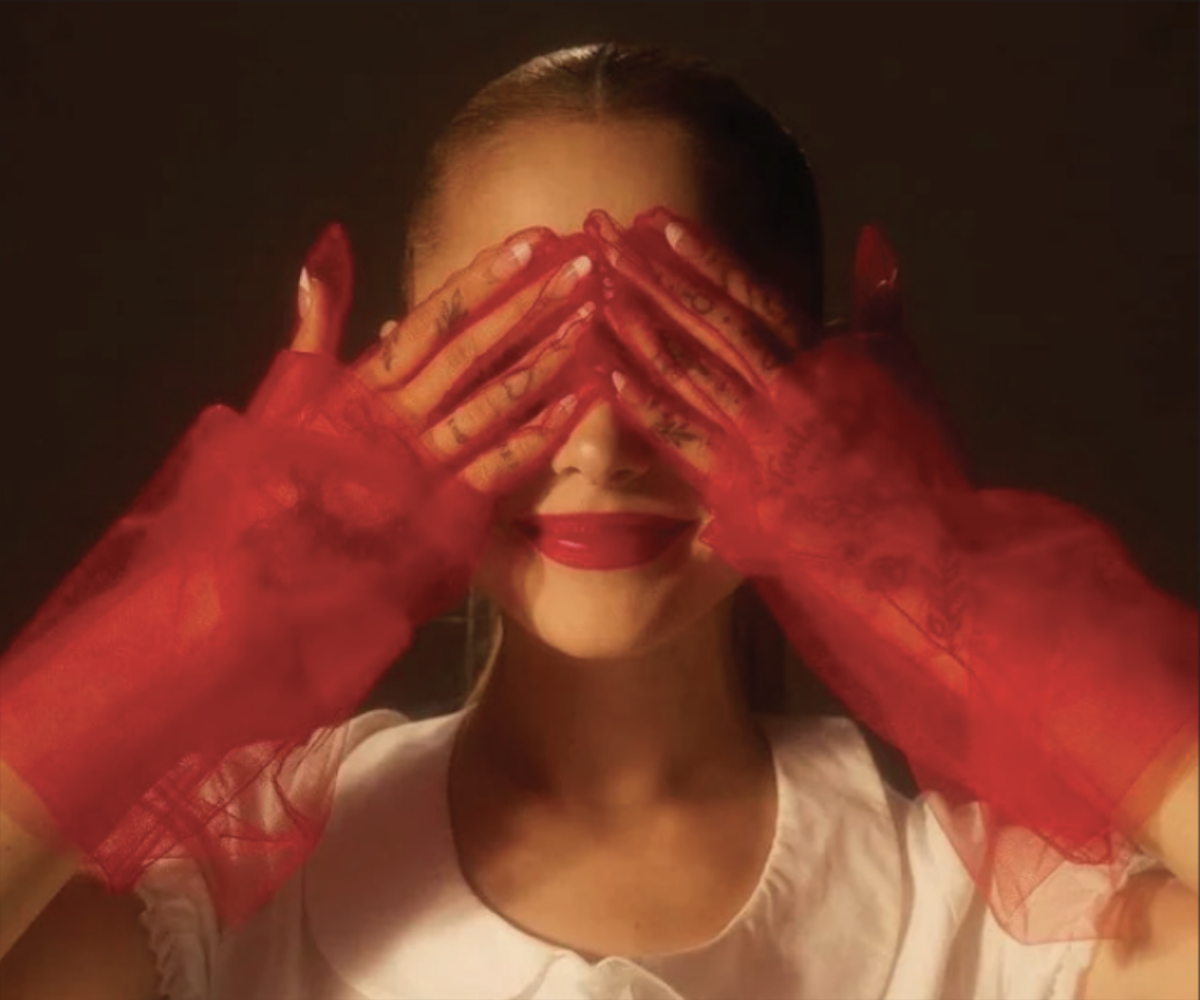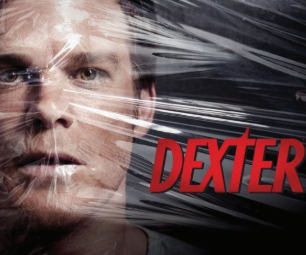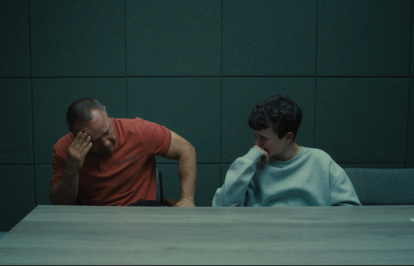I just watched Netflix’s live-action adaptation of Avatar: The Last Airbender, and if you haven’t heard of, or even watched the original cartoon, you are doing yourself a huge disservice. The original Avatar: The Last Airbender is arguably the best animated television show ever, with incredible worldbuilding, character work, stunning scenery, and action sequences. So having high expectations, did Netflix successfully translate this beloved cartoon into live action?
Yes. But also no. For me, translating a cartoon into live-action takes the magic and personality out of it. There is no question of what looks fake and what looks real in a cartoon because it’s not trying to fool anyone. Regardless, it is worth giving the Netflix adaptation a shot. Netflix’s Avatar: The Last Airbender isn’t bad. It was able to take the animated backdrops and translate them into the live-action format. It’s almost shocking how good this show looks from a visual perspective.
The casting choices are absolutely flawless, with Gordon Cormier being cast as Aang, the main character of the show. I also appreciate that people of color were cast in this production, as the majority of the characters in the cartoon are people of color. Cormier has a lot of range, embodying Aang’s characteristic mature yet childlike personality extremely well. If you watch his interviews you see that he really is just a goofy kid.
The story of Avatar: The Last Airbender is quite simple, Aang and his friends are tasked with ending the Fire Nation’s subjugation of the world. In the cartoon, each character has an extreme amount of depth. The plot services the characters instead of the other way around. When you watch the cartoon you feel that these characters are real people.
When you are making an adaptation of Avatar: The Last Airbender, making sure the characters are done right is crucial. In this new adaptation, character work is sorely missed and the writing is not great. The show is very fast paced and it always feels as if it’s trying to get to the next plot point as soon as it can. The dialogue is so stiff and unnatural, that it feels like the characters are spoon-feeding us their signature character traits. Aang says multiple times that he doesn’t want to be special and he wants to have fun with his friends. But we never see that. Netflix’s adaptation forgets that these characters are just kids, and as kids they want to have fun. Don’t get me wrong, adaptations can absolutely be different from the source material. But the problem with Netflix’s version is that it doesn’t capture what made the original show so special.
What made the cartoon so great was that it was able to appeal to both kids and adults alike. It wasn’t the godlike power inside them that made these characters so iconic, but how they still had problems, just like anyone else.
So with that being said, does Netflix successfully translate Avatar: The Last Airbender? No. The writing becomes a glaring issue as the show progresses. However, I think that with better writing, this adaptation does have potential. Despite my main complaints, the things it gets right are done almost flawlessly. With a bit more love, I think we could be getting something really special.
This article also appears in our April 2024 print edition.

